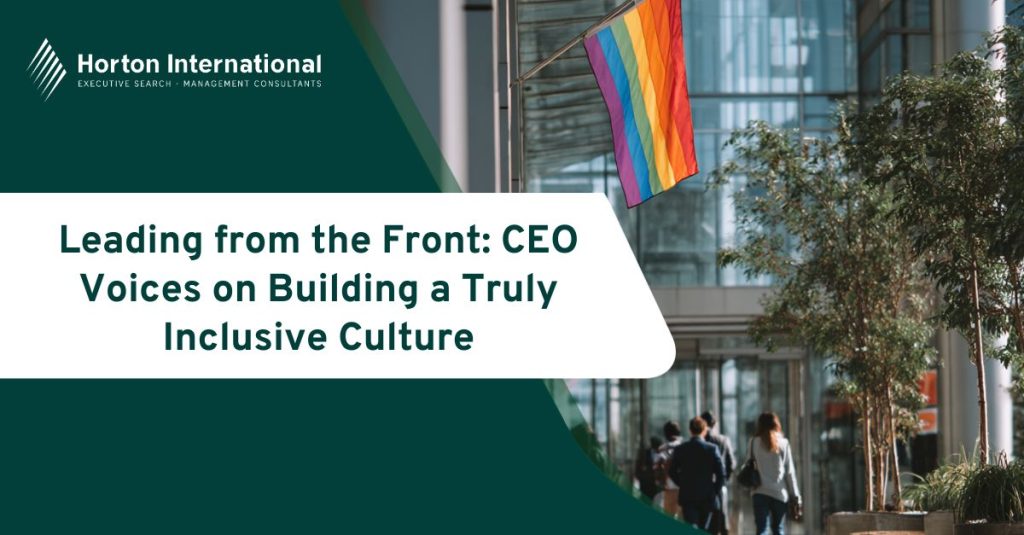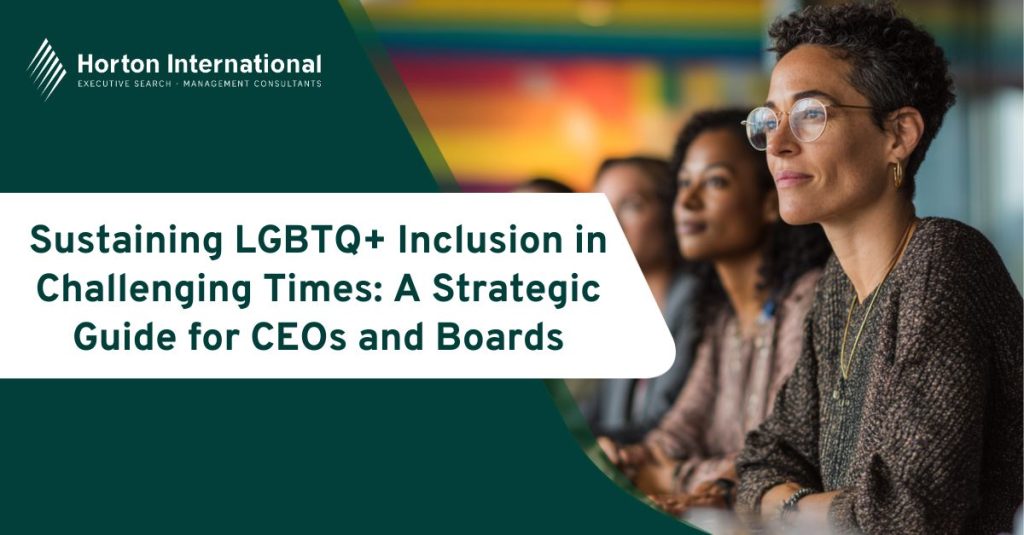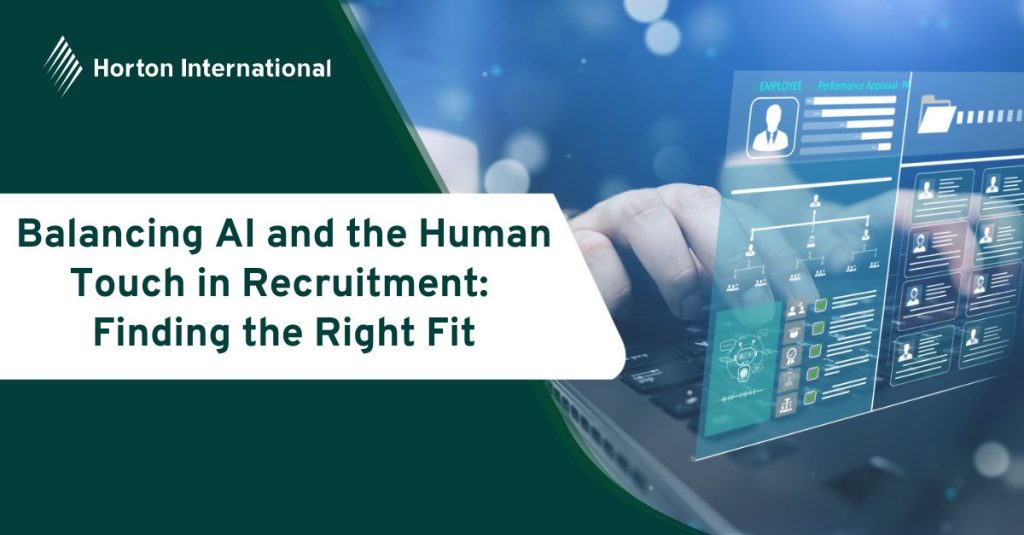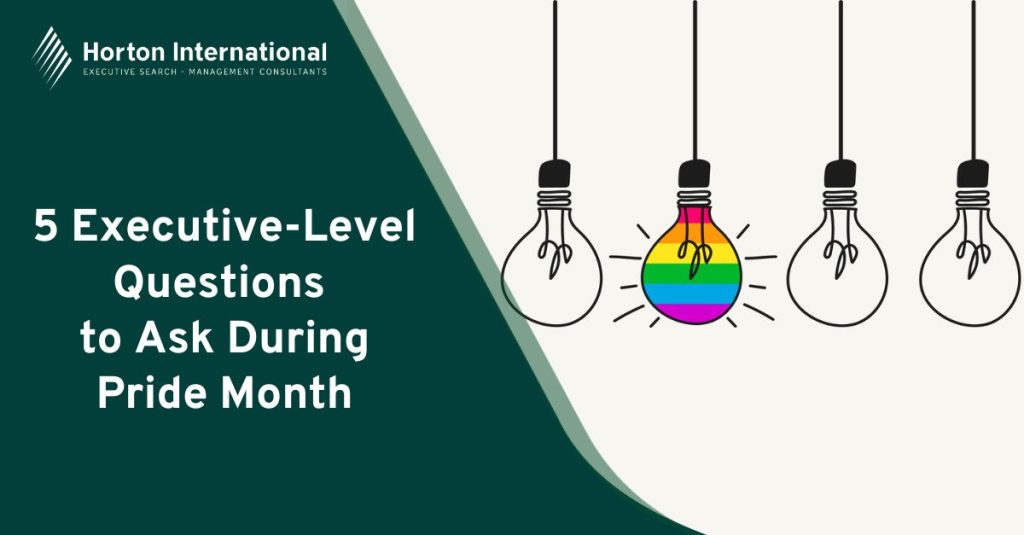As the work environment continues to evolve, psychological safety has emerged as a crucial element in shaping a healthy and productive work culture. Harvard professor Amy Edmondson defines psychological safety as an environment where people feel comfortable expressing ideas, questions, or concerns without fear of judgment or repercussions. As organisations strive to build inclusive, innovative and collaborative cultures, fostering psychological safety becomes paramount. But how does this concept intertwine with recruitment practices and what are its broader implications?
The Importance of Psychological Safety
Psychological safety plays a fundamental role in successful organisations by encouraging open communication, driving innovation, promoting inclusion, reducing turnover and enhancing performance. When employees feel safe to express their thoughts, they freely share ideas and challenges, leading to better decision-making and problem-solving. Innovation flourishes as individuals can confidently experiment, share bold ideas and risk failure without fear of backlash.
In addition to fostering open communication, psychological safety promotes inclusion. Diverse voices and perspectives can be shared and appreciated in a supportive environment. This culture of respect and acceptance results in stronger loyalty and lower turnover rates, as employees feel valued and choose to stay longer. Teams with high levels of psychological safety tend to perform better due to increased collaboration and shared accountability.
Psychological Safety and Recruitment
Integrating psychological safety into recruitment practices is essential because the hiring process sets the tone for a candidate’s experience within an organisation. An inclusive hiring process that eliminates biases ensures all candidates have an equal opportunity to showcase their qualifications. Structured interviews and language-neutral job descriptions help build this foundation, while transparent communication during the recruitment stages builds trust.
Candidates appreciate organisations that encourage open dialogue during interviews. By creating space for them to express thoughts and concerns, candidates can better understand the psychologically safe environment they might work in. Moreover, assessing cultural fit is crucial. Ensuring candidates align with your organisation’s values is key to creating a positive company culture and evaluating their approach to teamwork, collaboration and inclusion is essential.
It’s important to showcase supportive practices through employer branding, job postings and social media. Candidates seeking psychologically safe environments will be attracted to organisations that emphasise their commitment to a respectful, inclusive work culture.
Building Psychological Safety Post-Recruitment
Psychological safety must be nurtured beyond the recruitment process and leaders play a vital role in setting the tone. Leadership training programmes should emphasise active listening, empathy and conflict resolution to foster a culture of safety. Leaders can encourage vulnerability by admitting mistakes and sharing challenges, which helps break down hierarchical barriers and normalises learning from failure.
Regular, constructive feedback helps employees feel secure and understand how they can improve without fear of judgment. Recognising and celebrating unique contributions strengthens inclusion, while regular surveys, focus groups and discussions gauge psychological safety levels and highlight improvement areas.
Incorporating psychological safety metrics provides valuable insights into the organisation’s progress. Anonymity in surveys encourages honest responses, helping the company adjust its strategies accordingly.
Psychological Safety Benefits for Recruitment
Investing in psychological safety offers numerous benefits for recruitment. Companies that embrace this concept enhance their employer branding and attract high-calibre talent aligned with their values. Employees who feel respected are more likely to refer others, creating a strong referral pipeline and reducing recruitment costs.
Moreover, a psychologically safe environment appeals to diverse candidates who can confidently apply for jobs in supportive organisations. Candidates exposed to psychological safety during the recruitment process remain engaged and committed after joining the company.
Conclusion
Psychological safety is a powerful driver of successful, sustainable work cultures, encouraging open communication, innovation and employee loyalty. In recruitment, this practice attracts diverse, high-calibre talent while ensuring a positive candidate experience.
Integrating psychological safety into every stage of recruitment and onboarding solidifies an organisation’s reputation as an inclusive, collaborative and secure workplace. This culture enables employees to share ideas confidently and build a resilient future together, ready to thrive in an ever-changing business landscape.








